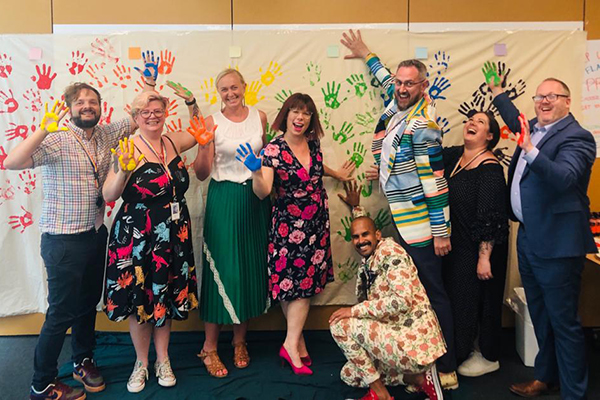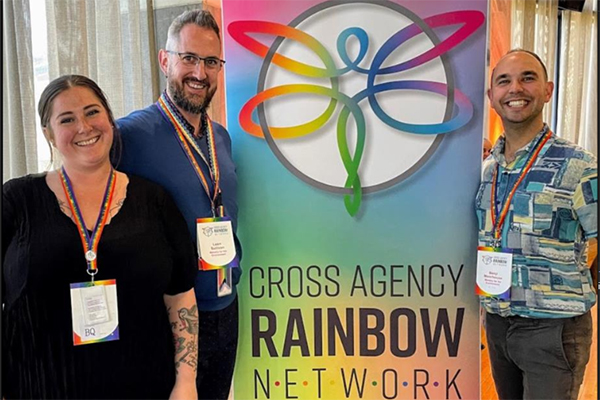Finalist

Giving staff a say in how they work, valuing their contribution and creating a workplace that supports connection with others is allowing the Ministry for the Environment to make the most of its diverse talent in its mission to best serve New Zealand communities.
As the Government’s primary adviser on environmental matters, the Ministry’s 700 staff work towards an organisational purpose of creating a flourishing environment for every generation - He taiao tōnui mō ngā reanga katoa.
Senior Organisational Development Advisor Deirdre Kelly says the Ministry has a wide range of initiatives and approaches designed to ensure it can benefit from the diverse skills, experiences and capabilities of its people to deliver on that purpose.
Central to this strategy is Tui Ruamata, the Ministry’s approach to diversity and inclusion, which has four broad organisational goals: to embed the practices that make the most of the diverse talents available, harness diversity of thinking, create an inclusive culture and demonstrate inclusive leadership.
It has an impact throughout the employee journey, starting with recruitment. People leaders are guided by Tui Raumata and supported by the Ministry’s recruitment team to identify the diversity measures they need to meet and to ensure interview questions accurately assess the skills and experience required, including te ao Māori mātauranga, which is a top priority for the organisation. Online Unconscious Bias training is offered to people leaders to mitigate bias during the recruitment process.
New starters have access to an online induction programme they can complete at any time which includes modules on flexible and remote working, developed during the first Covid-19 lockdown. Leaders in the Ministry encourage and role model flexible working and staff are able to make individual arrangements to ensure they can work at their best.
The Ministry has a policy of hiring throughout Aotearoa so teams are often spread across the country. Using Microsoft Teams allows them to connect easily from anywhere and has also supported team members with neurodiversity who have embraced being able to work remotely, with more control over their environment and time. This also works well for those with caregiving responsibilities.

“All staff hui are opened with a karakia and the Ministry’s waiata, and all meetings and gatherings are encouraged to open with a karakia - the meeting rooms in Environment House all have posters of the karakia. Throughout the Ministry you can feel the sense of whanaungatanga – people look out for one another. Leaders are encouraged to have regular and meaningful check ins with their teams during blended team hui, where teams can come together no matter where in Aotearoa they are,” Deirdre says.
One-on-one catch-ups with team leaders focus on the Ministry’s performance framework, Kei te péhea taku haere? (How am I going), a forward-focused, flexible approach that values each person’s unique differences, experiences and areas for development.
Staff were all given the opportunity to help develop the Ministry’s Strategic Framework by contributing ideas about what a flourishing environment for every generation might look like. All Ministry people were also invited to be part of design labs to shape the People Strategy.
Te Ao Hurihuri, a strategy designed to develop organisational capability and capacity to have confident, competent and effective engagement with tangata whenu, adapts Sir Mason Durie's Pae Ora - Healthier Futures model. The organisation has applied a mātauranga Māori healthy relations framework to better their capability as a treaty partner.
The Ministry also obtained the Rainbow Tick in August 2020, offers Rainbow 101 training and was a partner for the Cross-Agency Rainbow Network Conference in March this year. As part of its commitment to ensuring its workplace is free from gender and sexual identity discrimination, the Ministry’s Women’s Network is working towards attaining the Gender Tick this year.


